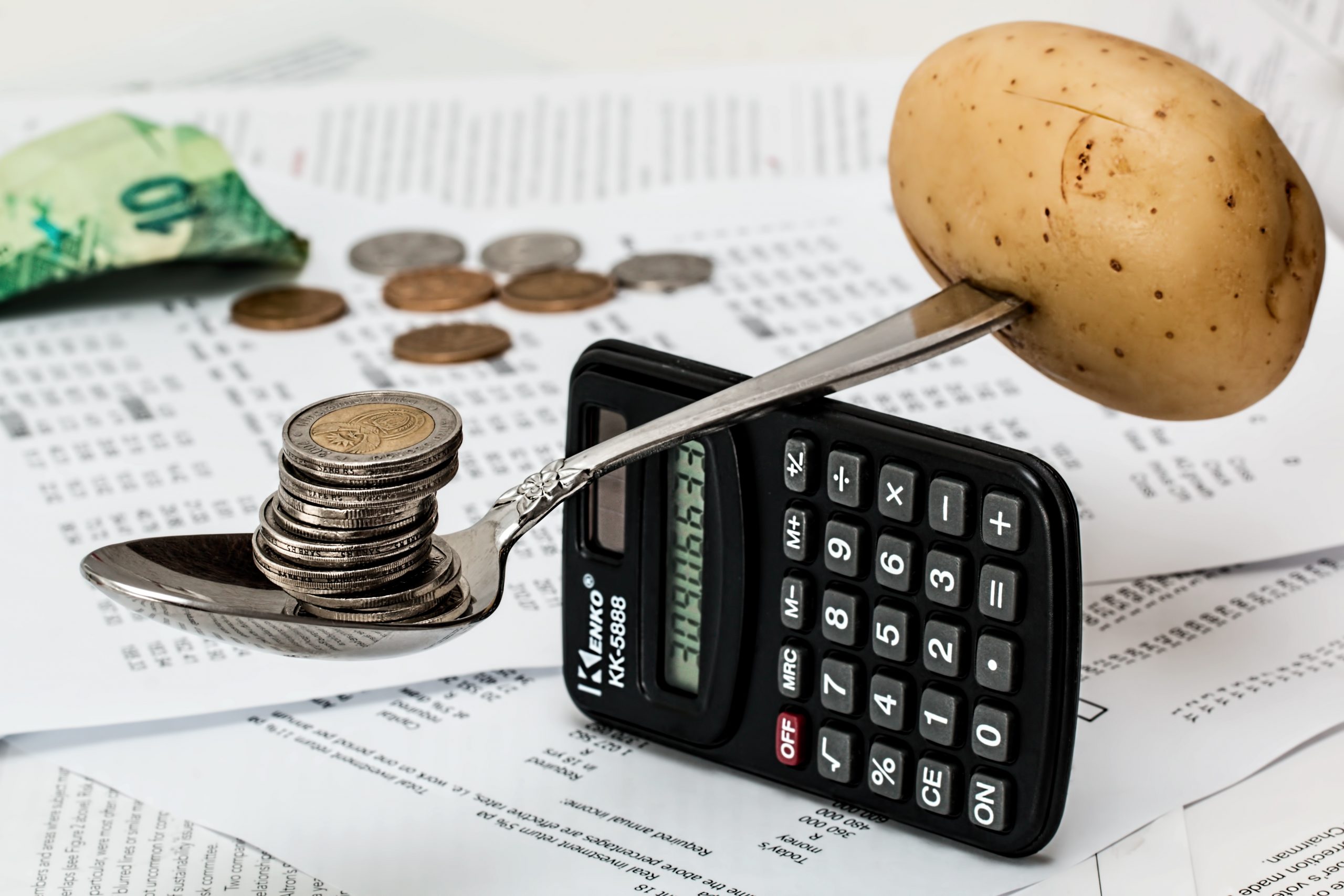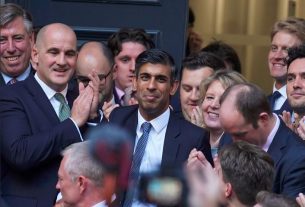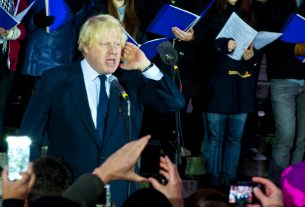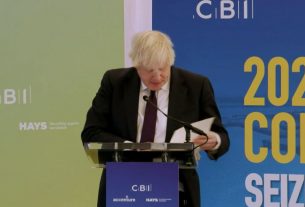UK inflation has surged at its fastest rate since records began with a 3.2% rise in August carried by steep rises in food and drink and home furnishing prices.
Figures released today (September 15) by the Office for National Statistics (ONS) show the highest monthly rise since the Bank of England (BoE) gained independence to set interest rates – up 1.2% from July’s 2% rise.
The steep jump is the biggest in almost a quarter of a century when the current form of data used to measure the consumer price index (CPI) was introduced in 1997.
“People are already feeling the effects of inflation, in their weekly shop and at the petrol pump,” said Bridget Phillipson, the shadow chief secretary to the Treasury, arguing the figures show families will be hit even harder by the government’s planned cut to universal credit and the manifesto-busting rise in national insurance contributions.
Governor of the BoE, Andrew Bailey will be forced to write a letter to the chancellor Rishi Sunak, explaining why the rise is above its 2% target – though the Telegraph reports the central bank has forecast inflation at 4% by the end of 2021, which is expected to “fall back in both 2022 and 2023.”
Energy costs set for sharp rise
The Financial Times says the “unexpected surge will undermine the central bank’s view that price rises are manageable and temporary”, adding that autumn will “likely” see further rises, resulting “in a serious squeeze on living standards.”
Energy costs are set for a sharp rise this autumn following increases in wholesale prices and will impact households who will have to contend with the return of 12.5% VAT on hospitality due at the end of September.
Today’s figures for August reveal price surges across sectors with 9.6% rises recorded in restaurants and cafes compared to the same period last year, while home furniture prices are up 8% and camping equipment 10%. Sharp increases have also been recorded in supermarkets, on secondhand car lots, petrol station forecourts and in the costs of computer games and CDs.
‘Eat out to help out’ and supply chain disruption
Part of the increase is attributed to various coronavirus schemes introduced to help the UK economy, such as Sunak’s ‘eat out to help out’ project that caused a temporary cut in prices for diners.
The ONS said the scheme accounts for an eighth of the rise reported today (0.4%) and that August’s 1.1% rise in the cost of food and non-alcoholic drinks reflects the impact of supply chain disruption caused by Covid with lorry driver shortages and higher global freight costs.
Deloitte’s senior economist Debapratim De said: “The higher-than-expected monthly rise in inflation and input prices testifies to supply shortages, building up further price pressure.”
Writing in the Telegraph, Ben Wright reports the cost of a shipping container delivering components from China for UK businesses has recorded a six-fold increase from £4,000 pre-pandemic to £24,000 today.




